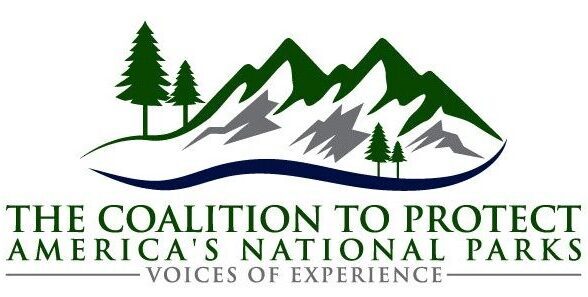Opinion: Oil and gas lease sales should be paused during the coronavirus crisis – Sheridan Steele
Special to The Colorado Sun
The COVID-19 pandemic has swept through the United States and changed our daily lives. Complying with orders from city, state and national leaders, those who are able to in Colorado are staying home to keep their families and communities safe.
Schools, concerts, sporting events, festivals and vacations have all been canceled or postponed. Most Americans are only venturing out to grocery stores or pharmacies in order to help slow the spread of COVID-19. Life has largely been put on pause.
But not everything has been postponed. Since 2017, the Trump administration has leased more than 5 million acres of public land in an unprecedented giveaway to oil and gas corporations, including land on both the west and east sides of Rocky Mountain National Park — and these long-term leases show no signs of stopping, despite the devastating impact of the coronavirus pandemic.
Public lands that were open to Coloradans and were important parts of Rocky Mountain National Park’s wider ecosystem have become private oil and gas drilling facilities, coughing potent greenhouse gases into Colorado’s skies and contributing toward our declining air quality and an increase in asthma attacks among our children.
Already air pollution obscures the park’s famous views. Air quality at the park has seen some improvement in the past decade, but it continues to be unhealthy and harmful to park resources, resulting in a loss of biodiversity and hazy scenic vistas.
Proposed sales of public land leases include a public comment period that gives people an opportunity to express their opinions. In normal times these comment periods have been valuable in drawing attention to the potential risks to local communities.
When I worked at Rocky Mountain National Park as a deputy superintendent, these public comment periods gave the public the chance to weigh in on how oil and gas development would impact the health of park visitors, plants, surface waters and soils.
Many other organizations and members of the public participate in these public comment periods and use them as an opportunity to raise concerns, so that the eventual decision on whether to lease the land or not is well informed and takes into account all the potential risks.
However, with these public land lease sales continuing through the COVID-19 pandemic, the suggestion that all of these groups and individual members of the public will still be able to participate in this public process is absurd – the focus of Americans is understandably on the health and safety of our families and friends.
Yet while everyday Coloradans continue to try to adjust to a new normal, it is business as usual for energy company lobbyists as they continue to push for more and more public land at knockdown prices.
And unless the federal government hits pause on public land lease sales, the pandemic will become a smokescreen that will allow oil and gas drillers to lock up more Colorado land without real scrutiny.
Consulting the public about these plans has been recognized as a crucial part of the democratic process, and there is clear precedent for delaying the sales when public consultation is insufficient.
In Colorado in 2018, sales of public land to oil and gas companies that put both the Great Sand Dunes National Park and Dinosaur National Monument at risk were postponed because the directly impacted communities were not consulted.
With the whole country fighting a deadly pandemic, the existing public comment process is insufficient for the moment, too.
If the Department of the Interior and Secretary David Bernhardt truly respect the public’s right to have a say in how public land is used, then the Bureau of Land Management should be instructed to halt oil and gas lease sales until a time when the American public is able to assess the impacts and fully participate in public comment periods.
Sheridan Steele is a former National Park Service superintendent and previously served as the deputy superintendent at Rocky Mountain National Park. He is a member of the Executive Council of the Coalition to Protect America’s National Parks.
